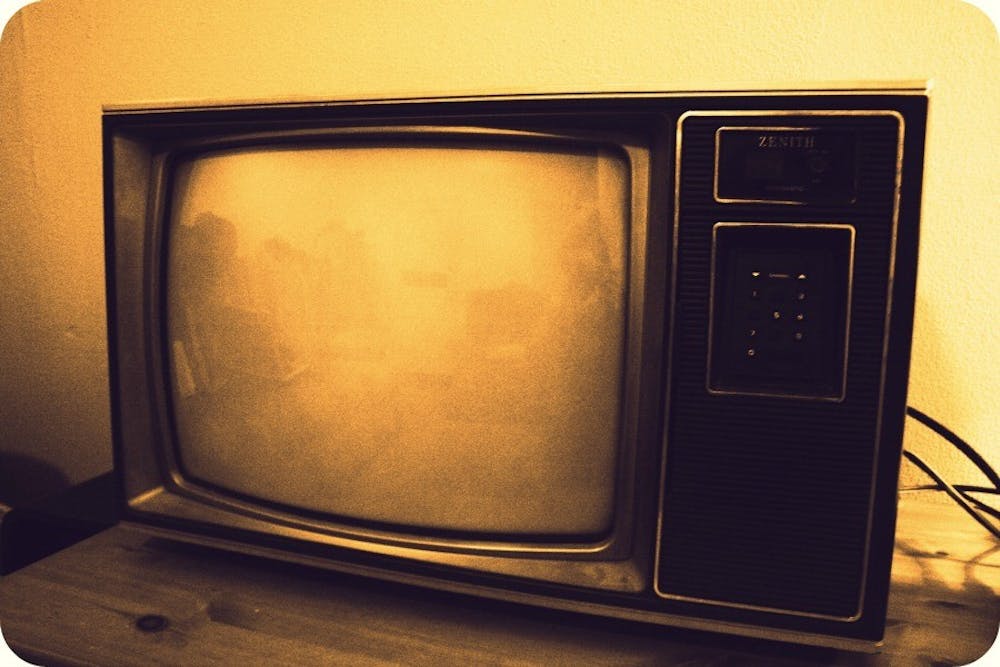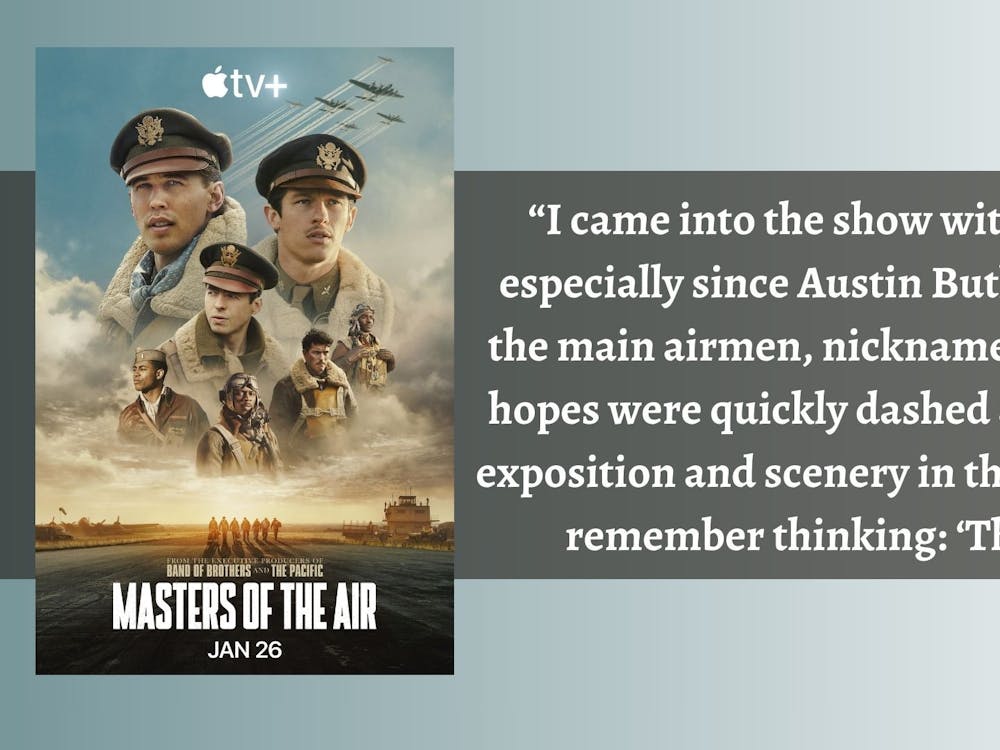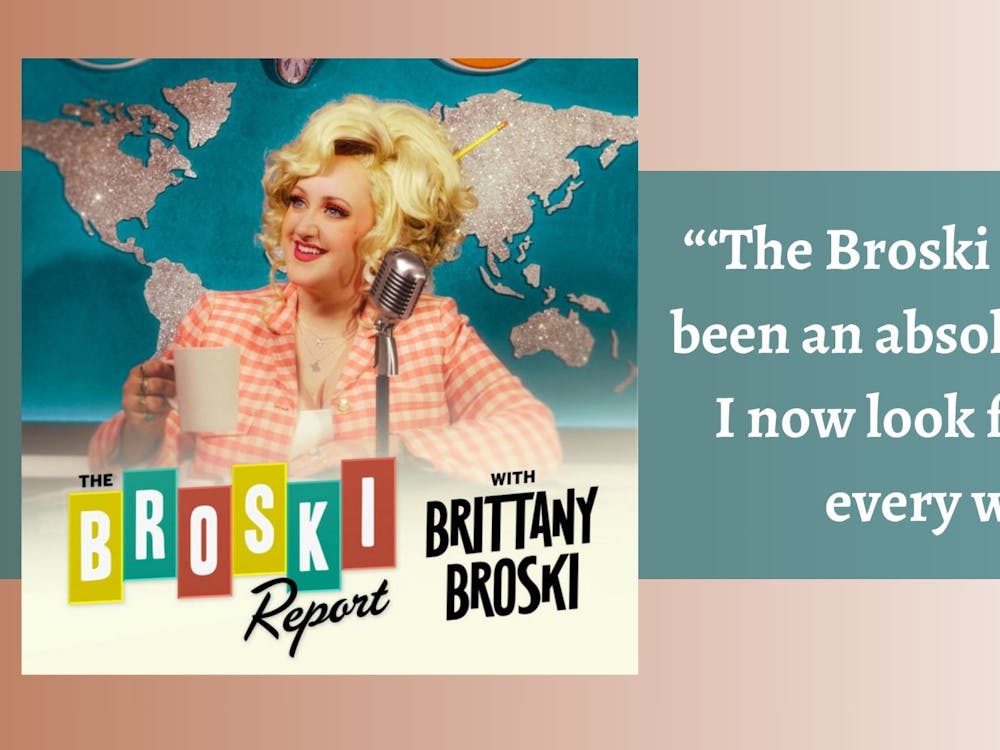By Devon Shuman, For The Miami Student
In the second season of "True Detective," showrunner Nic Pizzolatto's decision to have his murder victim's eyes burned out with acid turned out to be a dark piece of foreshadowing: halfway through, many of his viewers wanted to have theirs burned out as well.
When the first season of the mystery drama aired last year, viewers were mesmerized by Rustin Cohle's (Matthew McConaughey) and Marty Hart's (Woody Harrelson) hunt for "The Yellow King." It was visually stunning, expertly directed and nothing short of a television masterpiece.
This made the downfall of season two that much more surprising. Viewers were excited for the new season with the new, all-star cast (like "American Horror Story," "True Detective" is an anthology series), but by episode four it was almost universally hated. As quickly as they had latched on to season one, everyone turned against season two.
So how did Pizzolatto fall so hard? The premise of an investigation into the murder of a city manager, which, in turn, uncovers much about the dark, corrupt underbelly of Los Angeles, actually had a lot of potential. Additionally, all of season two's characters, with the exception of Vince Vaughn's Frank Semyon, were incredibly intriguing and brilliantly acted. So what went wrong?
The main issue was that it was just too confusing. Even re-watching every episode, I still felt that I had to lock myself up in Rust Cohle's storage unit and map everything out just to figure out what was going on.
There were too many small details, complicated relationships and loose ends. It's no secret that most television panders to a least common denominator audience. It's why shows like "The Big Bang Theory" stay on air while "Arrested Development" gets canceled. It's refreshing when a show comes along that makes you think. But this was too far. Einstein could have watched this and even he wouldn't have been able to piece it all together.
If we can put aside the complexity and accept the fact that we won't understand it all in the end, the next issue is sheer boredom. Season two moved slower than the clock during a three-hour lecture. During the first season, there were at least two or three "Oh sh*t!" moments every episode. This season had maybe four total (most notably, however, a spectacularly gritty and raw shootout scene). The rest was filled with tedious interviewing and detective work, which, while necessary in small doses, does not need to dominate the whole show.
Season two was not all bad, however. In fact, ignoring the confusing plot, we're left with a cast of fascinating characters who have absorbing personal storylines, storylines that make the season worth at least one watch-through. Colin Farrell leads the pack as Ray Velcoro, a detective in the fictional city of Vinci. Velcoro is an incredibly troubled and broken man. He loves his son, but his paternity is questioned since his ex-wife was raped around the time of conception. Now, due to his violent, sporadic, alcoholic behavior, she is pushing for full custody of their son. Through his compelling struggles, both personal and professional, Velcoro becomes one of the best characters across the entire series, second only to Rustin Cohle from season one.
Rachel McAdams and Taylor Kitsch also take on compelling roles. McAdams plays LA CID officer Ani Bezzerides who is unsettled, but not frightened, by the dangerous world around her. Kitsch plays Paul Woodurgh, the young CHP officer who discovers the city manager's body and is thrust into a daunting investigation while dealing with his own inner demons. Both play their parts with a subtle sense of darkness and seriousness, fitting perfectly into the "True Detective" universe.
The biggest disappointment was Vince Vaughn, who plays career criminal and businessman Frank Semyon. Vaughn's performance was atrocious, and the worst part was that it didn't have to be. Rather than channeling his strengths as a fast-talking and comedic actor into the role of a mobster (think Joe Pesci in "Goodfellas"), he plays it overly stiff and serious. It was a gross waste of talent.
As a whole, season two was a bust. In addition to the poor storyline, Pizzolatto's complex and borderline pretentious writing simply did not translate well to his new characters. We loved to hear Rust Cohle wax philosophical, but when you hear things like, "Sometimes your worst self is your best self," come out of Frank Semyon's mouth, it seems forced and ends up being laughable.
Enjoy what you're reading?
Signup for our newsletter
The ending wraps things up better and more realistically than the first season did, but it was too little too late. Back to the drawing board, Pizzolatto.




